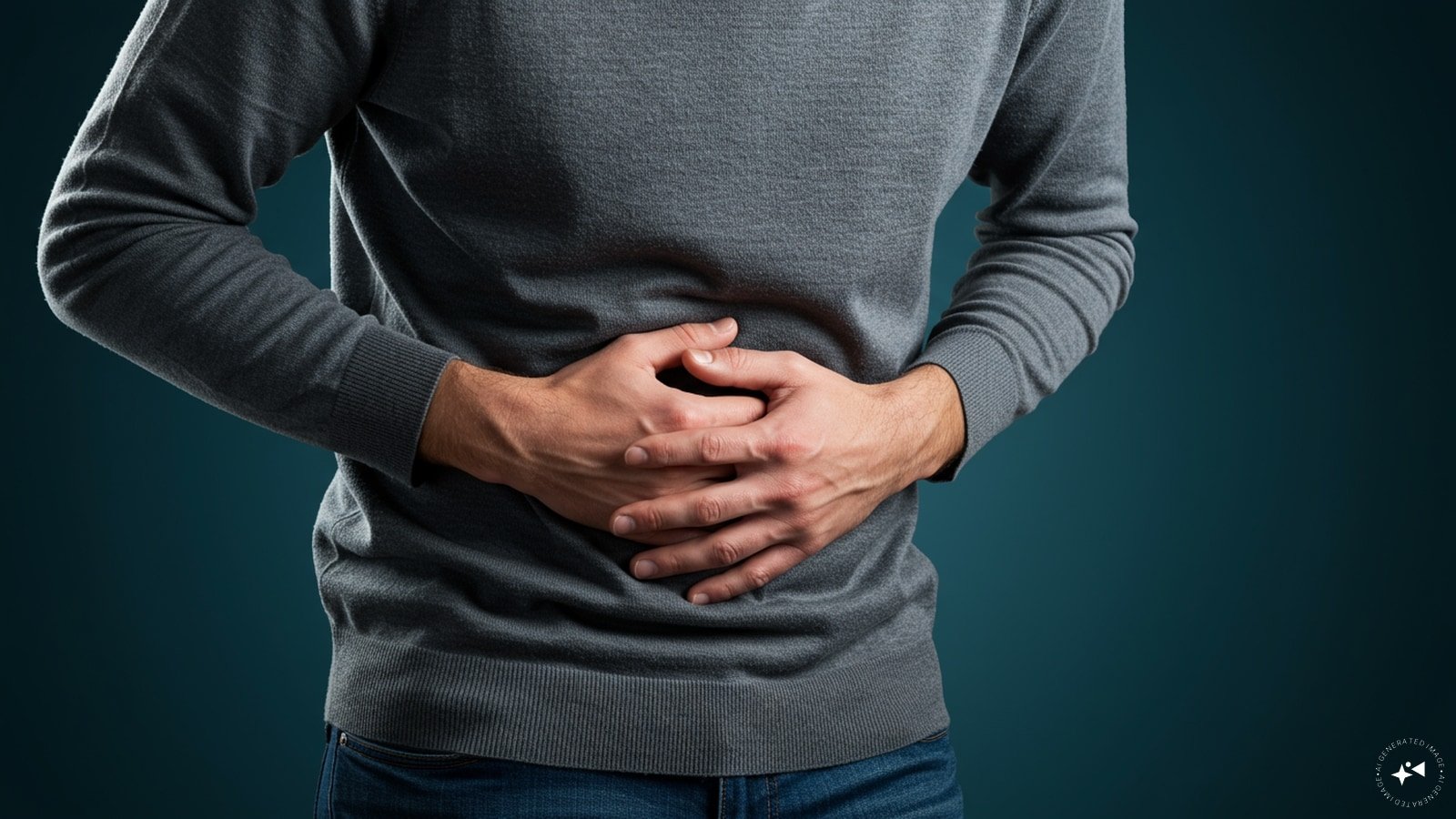Last Updated:June 15, 2025, 12:25 IST
Research has proven that there is a link between mental health and gut health. Chronic stress can throw your digestion off track, while gut imbalances can fuel anxiety.
Managing stress, diet, and sleep supports the gut-brain connection. (AI Generated Image)
In recent years, science has caught up with what ancient healing systems knew all along – your gut isn’t just about digestion, it’s your ‘second brain.’ The gut-brain connection is now at the forefront of health research, especially when it comes to metabolism and stress.
This intricate, two-way communication system – powered by neurons, neurotransmitters, and the vagus nerve – means what’s on your mind affects your gut, and vice versa. Chronic stress can throw your digestion off track, while gut imbalances can fuel anxiety, brain fog, and fatigue. If optimal health is the goal, understanding and nurturing this gut-brain axis is no longer optional – it’s essential.
How Stress Affects Digestion
Dr. Pratayksha Bhardwaj, Dietitian and Weight Management Expert, says, “Stress, of any kind, sets the body into a sympathetic nervous system; our classic ‘fight or flight’ response, which in turn reduces blood flow to the digestive organs, resulting in slow enzyme secretion.” This results in poor absorption of nutrients, stomach bloating, constipation, or even irritable bowel syndrome.
Dr Bharadwaj adds, “Chronic stress triggers a constant release of cortisol, the stress hormone that increases hunger, slows metabolism, and alters fat distribution. This often leads to weight gain, particularly around the belly, which is closely linked to a higher risk of diabetes and heart disease.”
The Microbiome- Mental and Metabolic Imbalance
At the centre of the gut-brain axis lies the gut microbiota – a highly diverse ensemble of trillions of microorganisms inhabiting our intestines. These microbes produce neurotransmitters such as serotonin and dopamine that control moods, eating, and sleeping. Some 90% of serotonin, the “feel-good” hormone, is made in the gut.
Dr Bharadwaj notes, “An untoward mental and metabolic state will be induced whenever some deep intervention is effected on the biodiversity of these microorganisms by way of an ill diet, stress, antibiotics, or sheer exhaustion. This imbalance is called dysbiosis, and it has been linked with people who suffer from obesity, insulin resistance, and chronic inflammation.”
Dr Bharadwaj shares some practical ways that you can incorporate into your lifestyle to support gut-brain health.
- Eat Gut-Friendly Foods: Include prebiotics (such as garlic, onions, bananas) and probiotics (like yoghurt, kefir, and fermented foods).
- Learn Stress Management: Apply techniques that include meditation, yoga, deep breathing, etc, to nurture the mind.
- Good Sleep: One bad night’s sleep or half-baked sleep will disrupt your gut flora and hormone balance.
- Say ‘No’ to Processed foods and Sugars: These may cause inflammation and may also encourage harmful bacteria in the gut.
- Moving: It enhances gut motility and gives us happy feelings by releasing endorphins.
- Location :
Delhi, India, India
- First Published:
#Bloating #Brain #Fog #Stress #Guts



